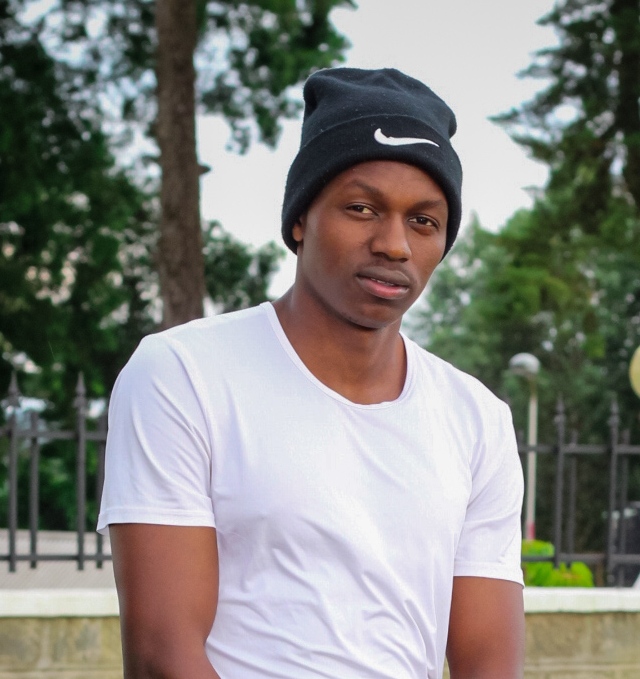“Poetry, Pain, Blades And Grace” a night of silence and screams
There’ll be days the society will stuff too much expectations and pressure on our backs.
There’ll never be days that they’ll teach us how to handle the pressure.
There will be silent nights you’ll scream out loud.
There’ll be loud nights you’ll lose and can never find a voice.
You’ll write poems, scream out to the world in between paragraphs, and stanzas.
You’ll script poems of smiles. But you’ll write them with sad eyes.
What will you do on nights like these?
When they can’t talk you out of suicidal thoughts?
When all your hands do is crack open windows?
When all the shoulders you try leaning on hand you ropes and blades?
On all those nights you’ll drink your soul away.
Because the world will be silent.
Because your voice won’t be loud enough.
Because the society thinks that suicide isn’t an option.
Because it never really has been.
You’ll find comfort in pain.
Because the worst pain is not inflicting wounds on our skin.
The worst pain doesn’t come from blades, or death.
The worst pain is that kind of pain that takes away your will to live.
******
Courtesy of the author
 Brian Kipruto (aka Young Nino) is a 23 year old Kenyan poet and prose writer, born and raised in Sotik. As an artist, he views poetry as the voice that screams in between silence and stanzas. A medium through which he uses to convey emotions, create an atmosphere of awareness on mental health matters, and voice against vices in the society as well as promote discourse, critique that which needs criticism and laud that which needs to be lauded.
Brian Kipruto (aka Young Nino) is a 23 year old Kenyan poet and prose writer, born and raised in Sotik. As an artist, he views poetry as the voice that screams in between silence and stanzas. A medium through which he uses to convey emotions, create an atmosphere of awareness on mental health matters, and voice against vices in the society as well as promote discourse, critique that which needs criticism and laud that which needs to be lauded.
He was nominated for the Mistari Bank Awards, Best Male Poet of the Year 2020 category which he won. He has also received an individual honor, the 2019 Ayomide D’Great Writer of the Year Award.
He is passionate about poetry as – he said “it is the only love language that keeps the world sane while being that girl beautifully clothed in metaphors but when the wind blows, beneath she wears dirty linen. Poetry can be ugly on the inside“.

Great work brother.
I enjoy your well manufactured poems.
Greatness awaits.
Beautifully said
I wish i could express myself fluently as he does. I would until I couldn’t breath anymore